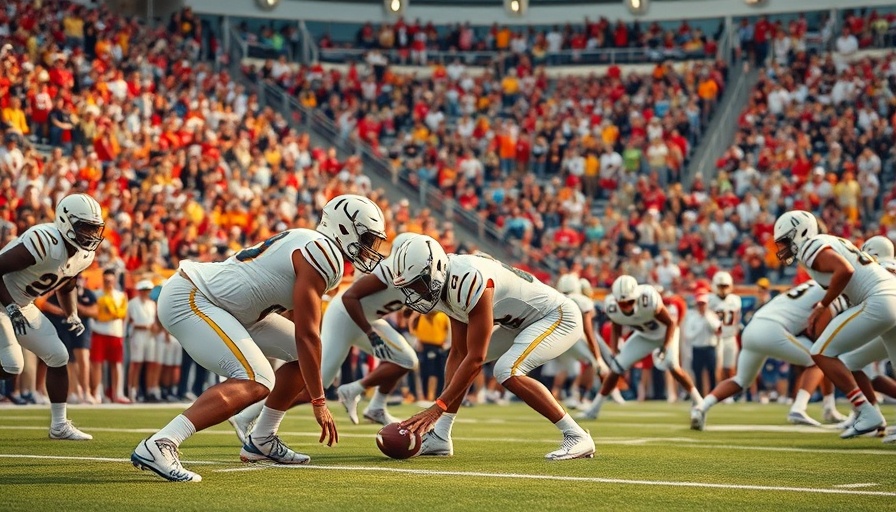
Texas Bill Paves Way for College Athletes to Earn Compensation
Texas is on the verge of a significant shift in college athletics, as a bill allowing student-athletes to receive direct payments from their universities heads to the governor's desk.
In recent years, there has been heated debate across the country about the fairness of compensating college athletes. Traditionally, these individuals, often front and center during football games, basketball tournaments, and other sporting events, have received scholarships but no additional funds for their contributions. This new legislation reflects a change in perspective, aiming to provide student-athletes with more financial freedom.
Why This Matters: A Heartfelt Change for Athletes
For many of these young athletes, the scholarships they receive often barely cover their living expenses. By permitting direct payments, universities acknowledge the hard work, dedication, and sacrifices these players make. This bill is not just about money; it represents a shift towards treating college athletes more equitably in the sports ecosystem.
As an example, a collegiate football player might not only practice and train for hours each day, but also balance academic responsibilities. The ability to receive compensation opens new doors—allowing for better financial stability and even the capacity to contribute to families back home.
Houston's Role in the Larger Conversation
In Houston, where sports are a vital part of the community fabric, this bill holds particular resonance. Local universities such as the University of Houston have successful athletic programs that bring pride to our neighborhoods. The prospect of incentivizing homegrown talent can only enhance these institutions' ability to attract and retain skilled athletes, which in turn raises the visibility and reputation of their programs.
Moreover, the economic implications could be profound. Beyond the direct payments, this legislation could lead to increased local business opportunities as players engage in endorsements or community events, driving traffic to local shops and enhancing the overall economy. Enthusiastic support from fans can have a cascading effect, enriching the vibrancy of the Houston sports scene.
The Broader Landscape of College Athletics
Looking beyond Texas, similar laws have started to emerge throughout the U.S. States like California and Florida have enacted legislation that allows college athletes to profit off their names, images, and likenesses. The ripple effect of these laws indicates a monumental shift in attitudes across the nation, signaling that college sports may never be the same.
Counterarguments, of course, exist. Critics argue it could widen the gap between major athletic programs and smaller schools, creating disparity in talent acquisition. Yet, the question remains: is it fair for colleges to profit from student-athletes’ hard work while denying them compensation?
Community Voices and Future Perspectives
Local community members have expressed mixed feelings about the shift in policy. Some believe it undermines the amateur nature of college sports, while others fear that these changes might lead to increased pressure on young athletes. However, college sports have always been about more than just the game; it’s about education and personal development. By giving athletes the chance to earn a living, we could be endorsing their rights to make choices that best suit their futures.
Ultimately, as this bill approaches final approval, it stands as a testament to Texas’s proactive stance on the evolving landscape of college sports. The potential for positive change is immense—athletes getting paid for their hard work not only boosts their morale but reshapes the entire athletic framework of universities.
 Add Row
Add Row  Add
Add 




Write A Comment